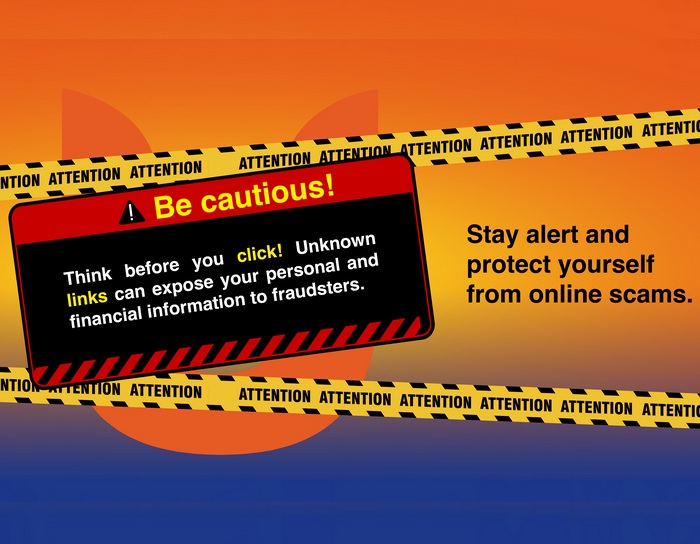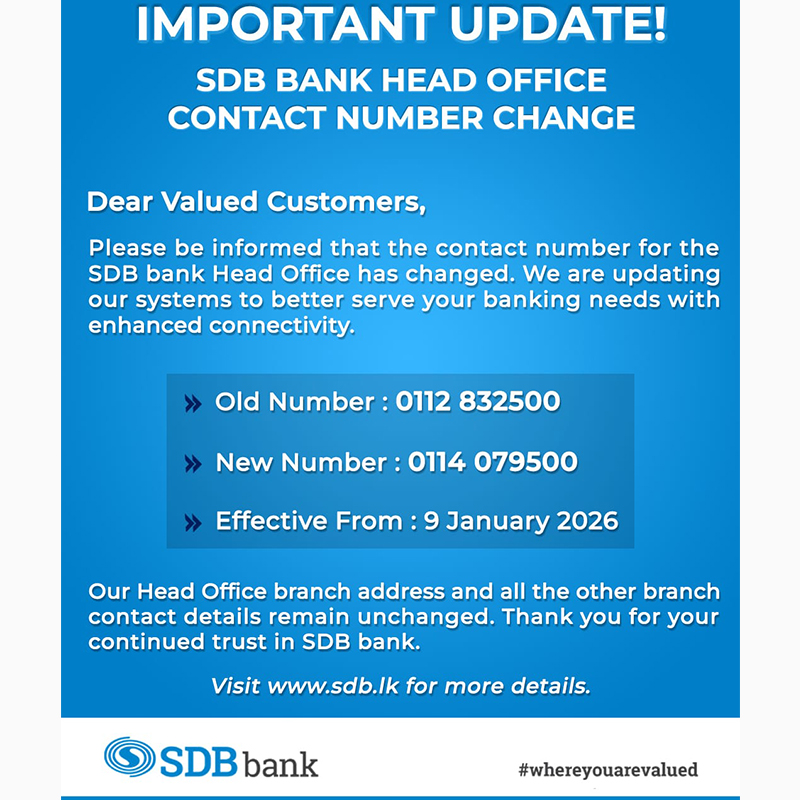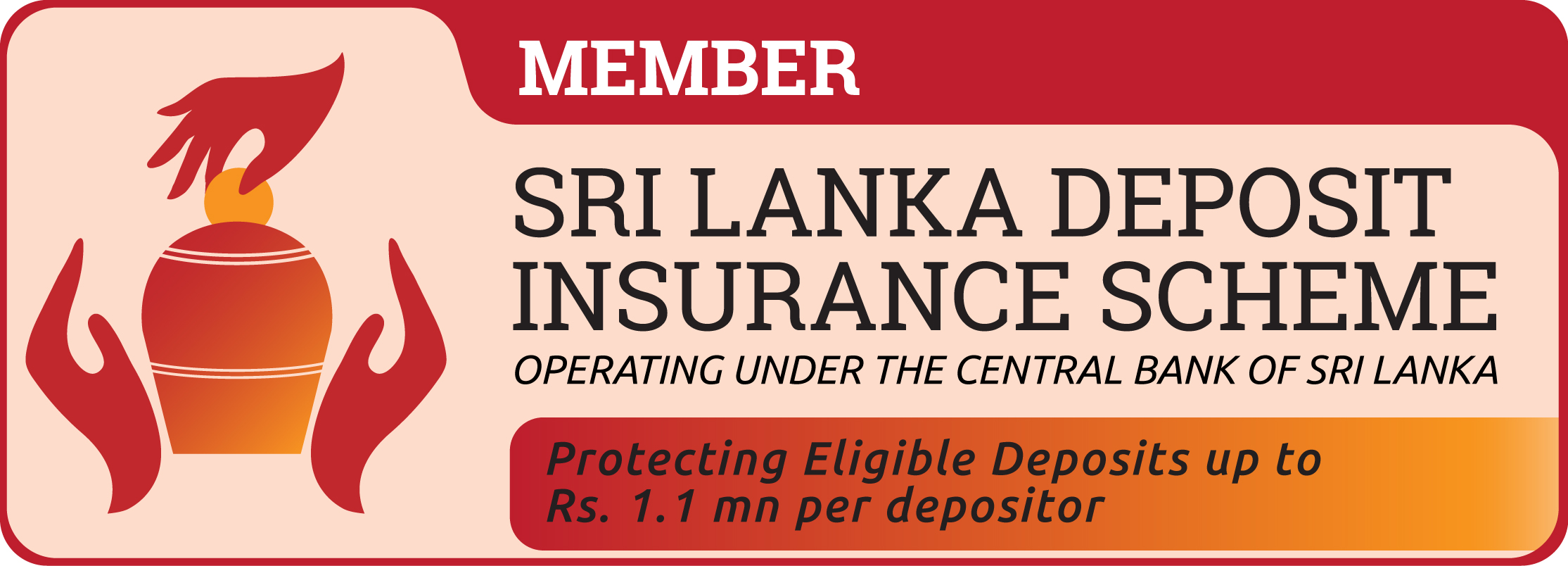
3-July-2025

In today’s digitally driven world, the convenience of instant access to information, communication, and services comes with an increasing exposure to online threats. Each click we make—especially on unknown or unverified links—can open the door to serious cybersecurity risks. Adopting smart online habits is no longer optional; it's a critical part of protecting your personal information, financial data, and digital identity in a rapidly evolving cyber landscape.
Why clicking without thinking is risky?
Clicking a link may seem harmless, but it can be the entry point for serious cyber threats. Cybercriminals often disguise malicious links to appear as trusted sources, such as emails from your bank, fake delivery updates, or social media messages. A single careless click can lead to phishing attacks, malware infections, identity theft, or financial fraud.
With evolving tactics such as fake websites, deceptive Ads, and cleverly written emails, attackers are constantly finding new ways to trick users. That's why every link you click should be treated with caution.
Common threats hidden behind links
- Phishing scams: These are deceptive attempts to trick you into disclosing sensitive information, such as passwords or banking details. Phishing links may redirect you to a fake login page that appears to be a legitimate site.
- Malware and ransomware: Clicking suspicious links can download malware that hijacks your device or ransomware that locks your files until you pay a ransom.
- Data theft: Some links silently install trackers or spyware, collecting personal data and monitoring your online activity.
- Fake investment or payment portals: Fraudulent websites may look professional but are designed to steal money or financial credentials.
- Browser hijacking or redirects: Malicious links can redirect you to unwanted pages or take control of your browser, affecting performance and exposing you to more threats.
While online threats continue to evolve, the good news is that many of them can be avoided with simple, proactive steps. Practising caution and building strong digital habits can significantly reduce your risk of falling victim to cybercrime.
Smart habits to stay safe online
- Pause and examine the link: Before clicking, take a moment to verify the source. Does the email or message seem legitimate? Were you expecting it?
- Hover over links to preview: On the desktop, hover your mouse over a link to see the actual URL. If it looks suspicious or unfamiliar, don't click it.
- Don’t trust shortened URLs blindly: Bit.ly and similar links can hide malicious destinations. Use URL expanders or preview features when in doubt.
- Install and update security software: Reliable antivirus and antimalware software help detect and block threats before they cause damage.
- Use multi-factor authentication (MFA): MFA adds an extra layer of protection even if your credentials are compromised.
- Report suspicious messages: Whether at work or in your personal life, consistently report phishing attempts to your IT team or service provider.
- Educate yourself and others: Stay informed about the latest scams and online safety practices to protect yourself and others. Awareness is a robust defence.
In a digital world where cyber threats are just one click away, your best protection is caution and awareness. By thinking before you click and adopting smart online habits, you can protect your personal information, finances, and peace of mind.
Cybersecurity isn’t just a technical issue—it’s a personal responsibility. Start building smarter habits today for a safer online tomorrow.


- No. 12. Edmonton Road
Kirulapone
Colombo 06
Sri Lanka. - 011 5411 411
-

 ↑
↑



